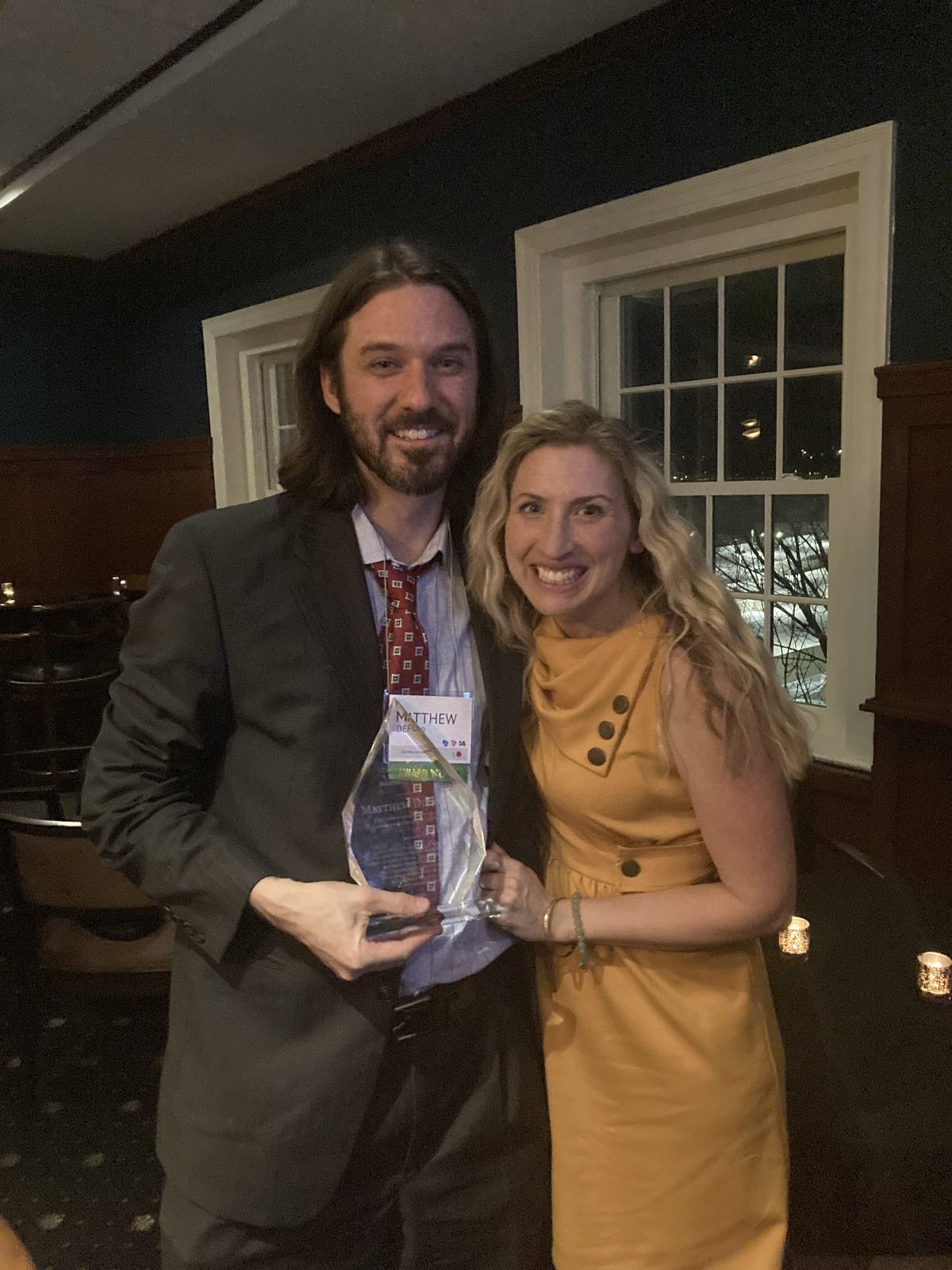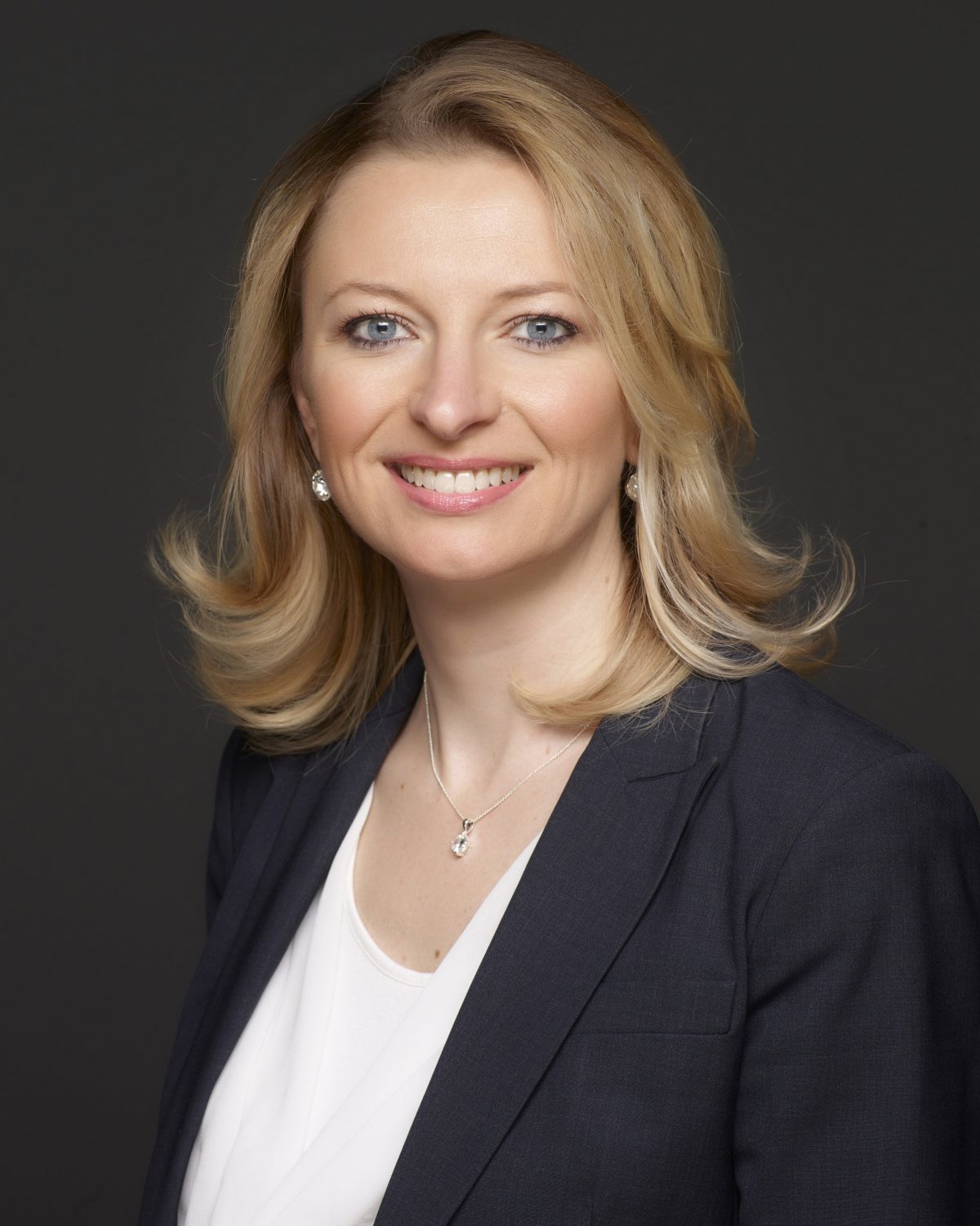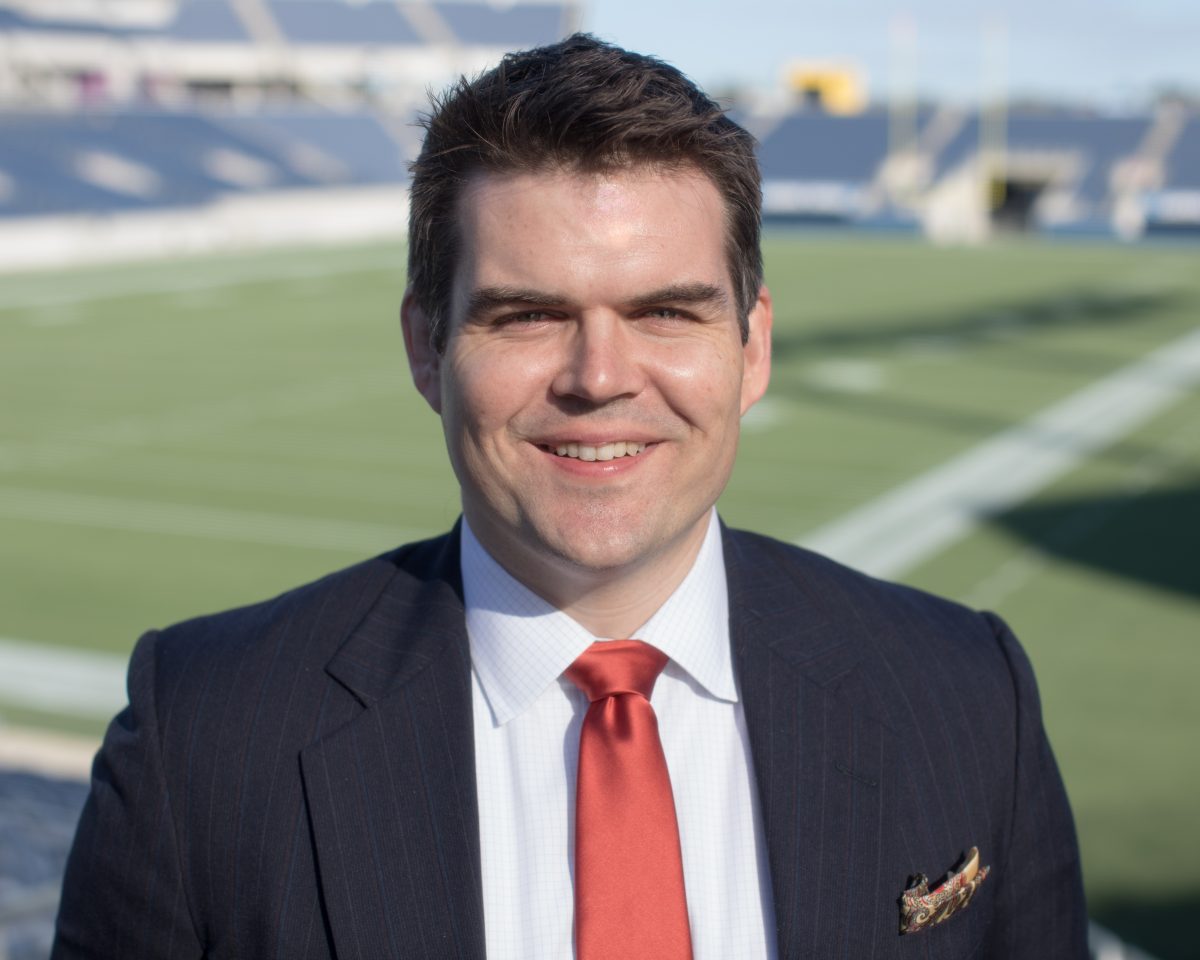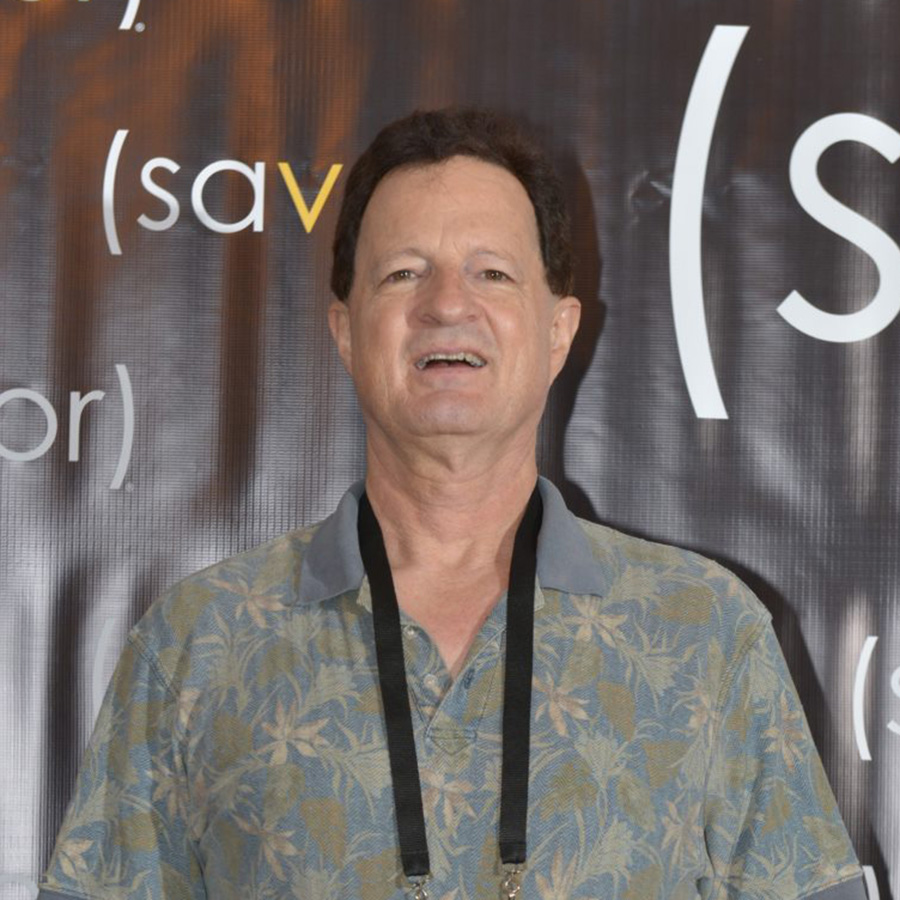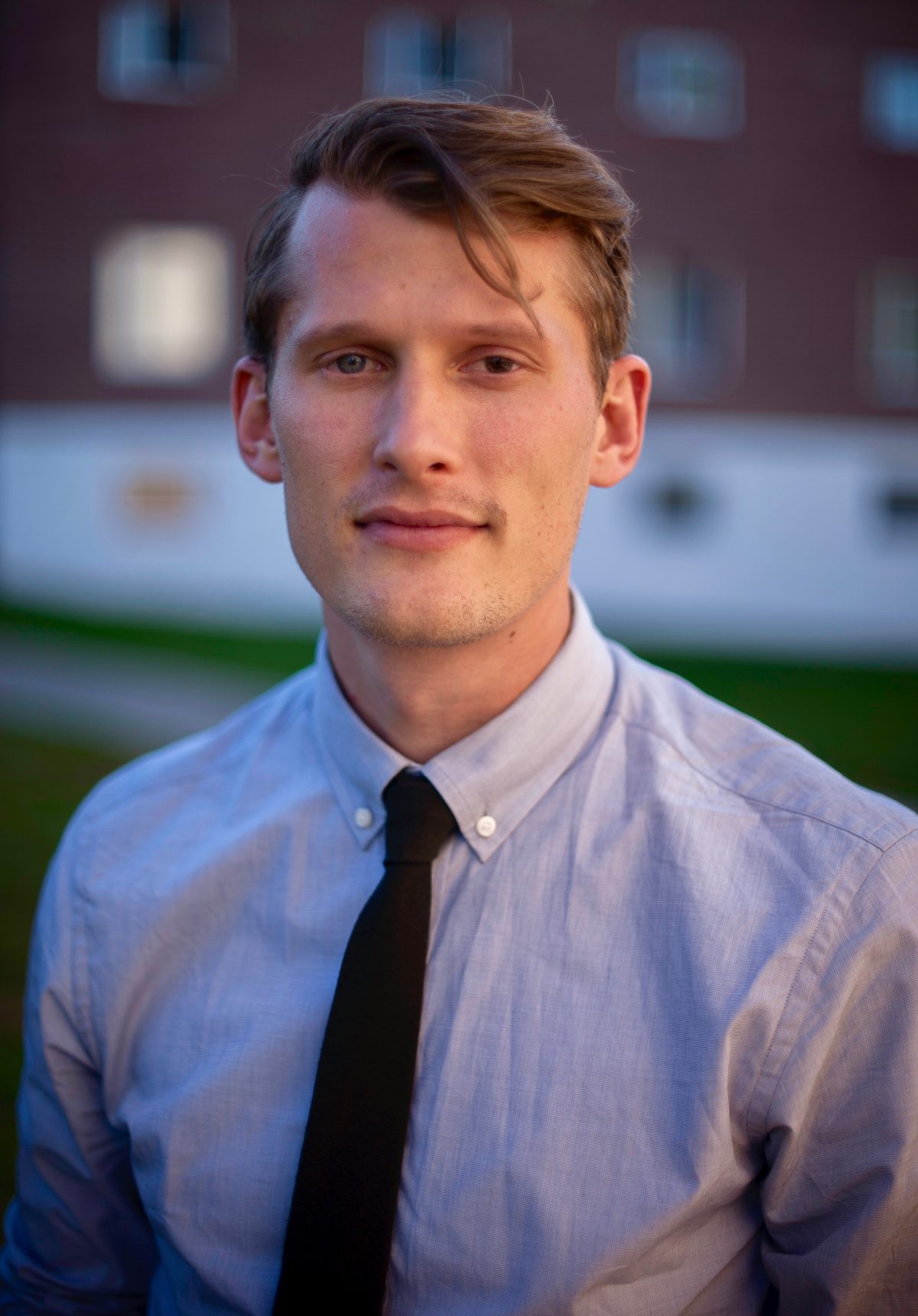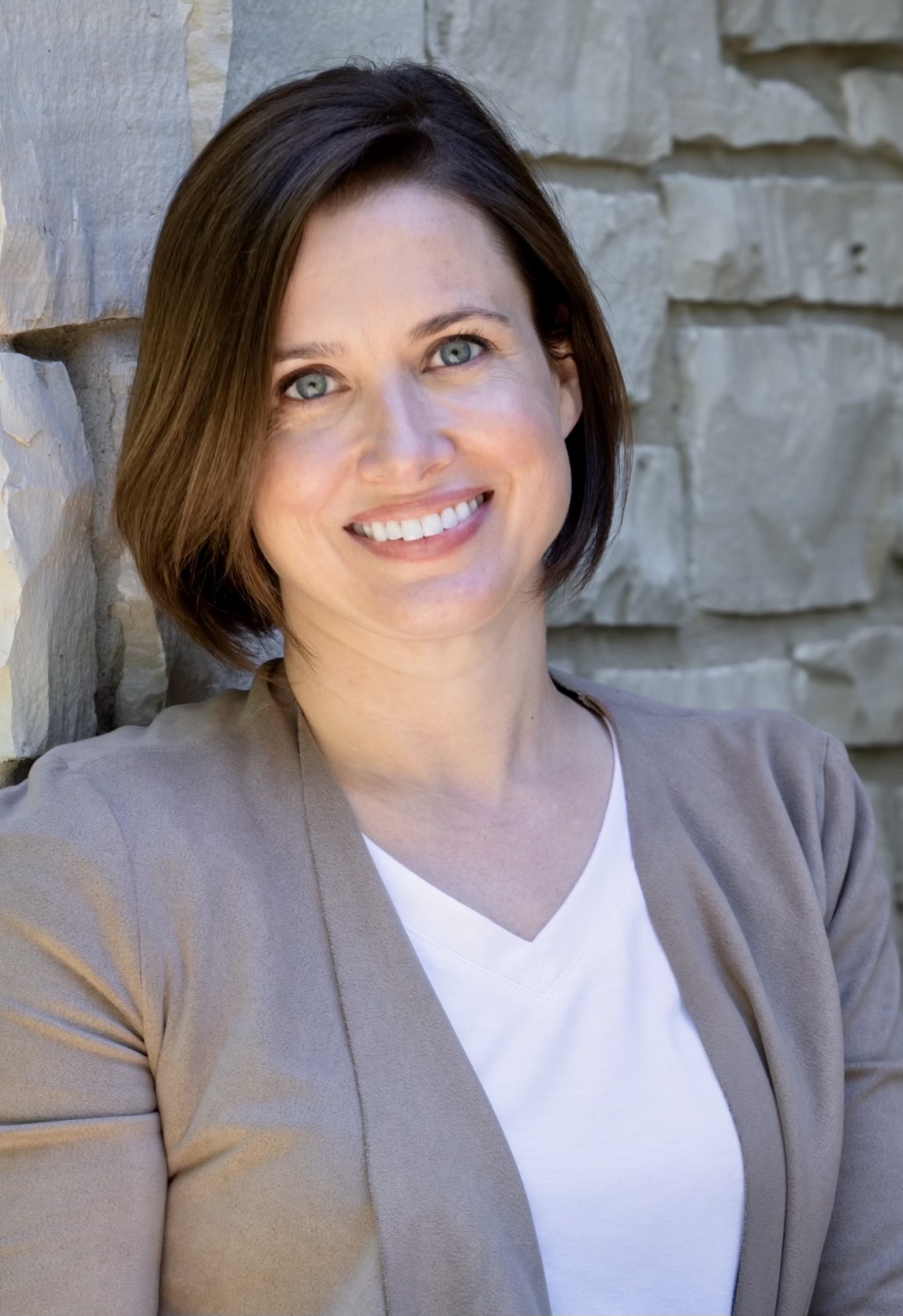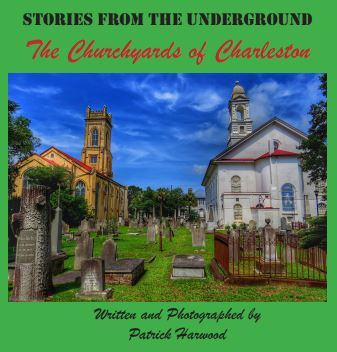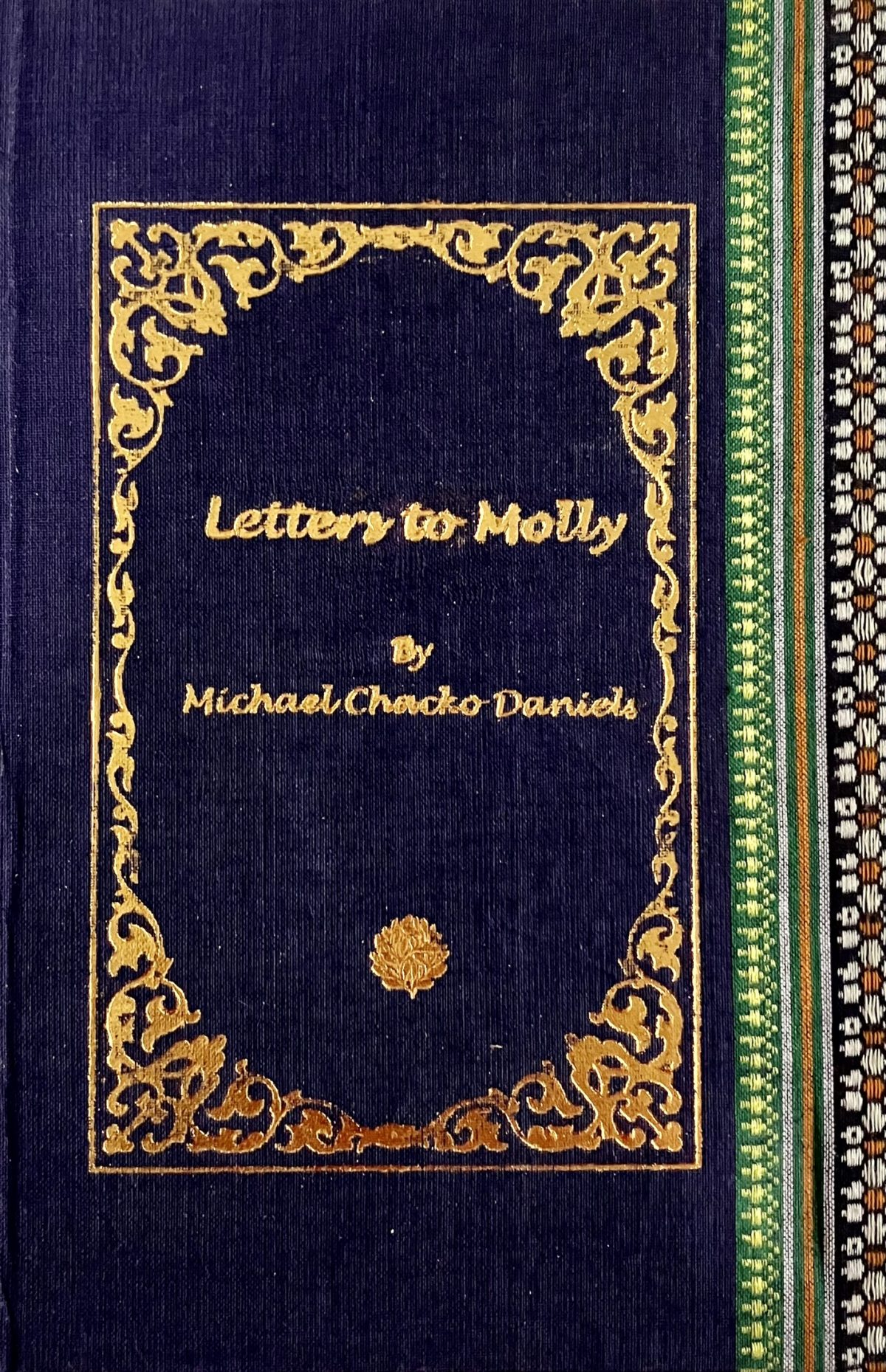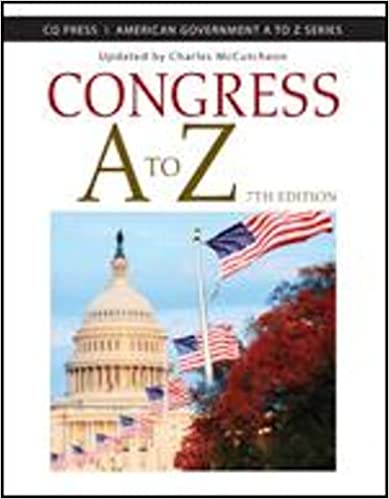Michael Chacko Daniels (MSJ68)
Michael Chacko Daniels’ new poetry collection—Letters to Molly: Lady on a Red Leash & Other Poems—discovers poetry in the seemingly mundane events of everyday life. His eyes and ears are wide open, as he captures in precise detail the quirky behavior and dialogue of people he meets at San Francisco farmers markets, on buses and trolleys, and hiking trails. He’s a consummate storyteller, and many of his poems, which are based on emails he sent to his sister Molly, are miniature stories, laced with humor and are often quite touching. Daniels has many more arrows in his quiver. In addition to their engaging content, the poems are a delight to read because of Daniels’ visual artistry, the varied and imaginative spacing of his lines, and the different fonts occasionally employed, all used to great effect. Poems such as “The Land Imagined” and “Tastes More Like Bombay” are simple and understated, yet succeed in revealing, as many poems in this collection do, the love between Daniels and his sister.
